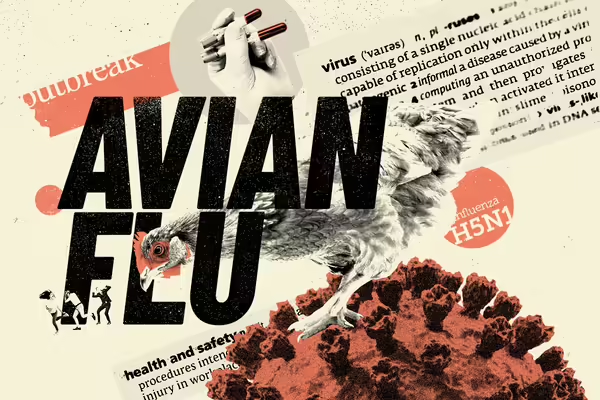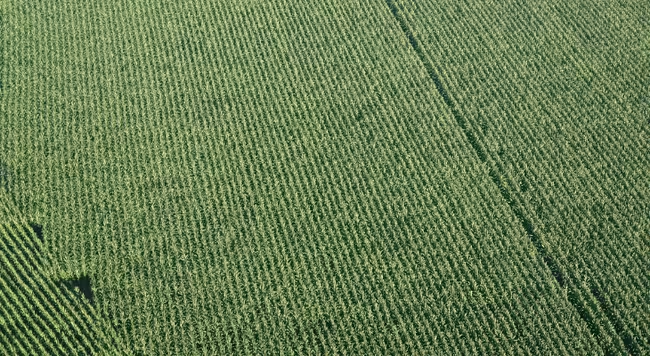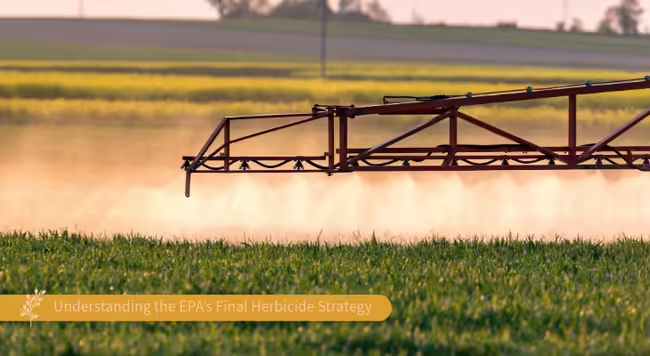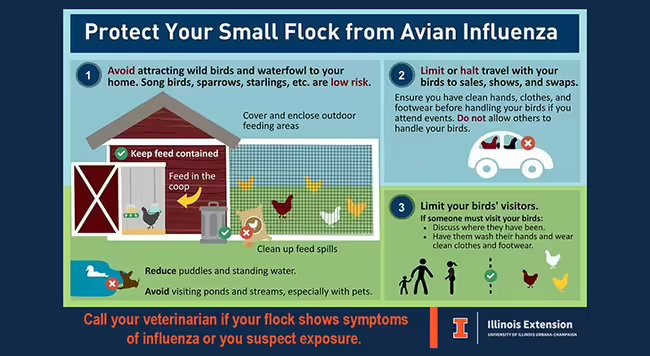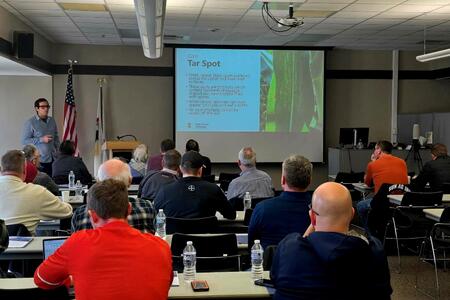Wishing you a safe and productive growing season
Welcome to the April edition of the Bureau, LaSalle, Marshall, and Putnam Ag Newsletter! With spring officially here, we’re turning our attention to the flurry of activity that marks the start of the growing season. This newsletter features updates from the winter meeting season and important resources as we head into planting season.
Research updates:
Timing matters: Early planting benefits soybean in unfertilized, low-fertility fields
Unfertilized soybean fields with lower soil fertility should be planted earlier than high fertility fields. High fertility fields are more likely to have high yields when soybean is planted late but not when it is planted early.
New corn and soybean management guides for 2025
Our updated fact sheets cover everything from variety selection and planting to pest and disease management.
H5N1 Prevention Strategies: A Guide for Agricultural Producers
This farmdoc webinar offers a critical discussion on H5N1 Prevention Strategies for Agricultural Producers. Our experts dive into the latest H5N1 biosecurity protocols, virus transmission risks, and proactive farm safety measures for both poultry and dairy producers. Learn about avian influenza prevention strategies, bulk milk testing, and personal protective equipment (PPE) recommendations to safeguard your livestock and workforce.
University of Illinois Soils Lab seeking on-farm cooperators for new study
Phosphorus and Potassium Omission Trials to Validate CSTV. Includes $1000-1500 stipend per field per year and extensive soil testing (valued at over $16,000 per trial).
Illinois Centennial Soil Archive Project
Soil samples dating back to 1899 were recently discovered stored in a barn at the University of Illinois. This study seeks to resample the original locations to determine how soils have changed over time. See if your farm is one of these locations!
Collect ticks and help researchers study their movements
Help us to know if tick numbers are truly increasing by collecting them anytime you or family members, including pets, venture outside. This program aims to map where ticks are found, identify the pathogens they carry, and help prevent the spread of diseases.
Sustainable intensification on the farm reduces soil nitrate losses, maintains crop yields
A nine-year study found that a more intensive three-year crop rotation of corn, cereal rye, soybean, and winter wheat dramatically reduced nitrogen in farm runoff without compromising yield.
Cooperators still needed for spring insect trapping
University of Illinois Crop Sciences researchers are looking for cooperators to monitor for black cutworm and true armyworm this spring.
Additional resources:
Farmers, we understand the rapid pace of federal policy changes can be overwhelming. To stay informed with research-based updates, we recommend following farmdoc on their website and YouTube channel for daily posts and videos. Farmdoc provides analysis, tools, and data to help Illinois’ farmers better manage their farm businesses.
Recently, the application period opened for the USDA Emergency Commodity Assistance Program. Eligible farmers may receive payments. For more information and frequently asked questions, visit the USDA ECAP website.
Have you been impacted by a USDA contract freeze or termination? Farm Commons provides legal resources to farmers to help them navigate this process. Guides are available that cover the actions you can take and the appeal process.
To learn more about our upcoming programs and events:
Follow us on Facebook!
Check out our website!
Follow Field Notes blog!
Join our email list!
As we continue to develop new local ag programs, your opinion matters to us. Fill out our program preference survey to let us know what you want to see!
